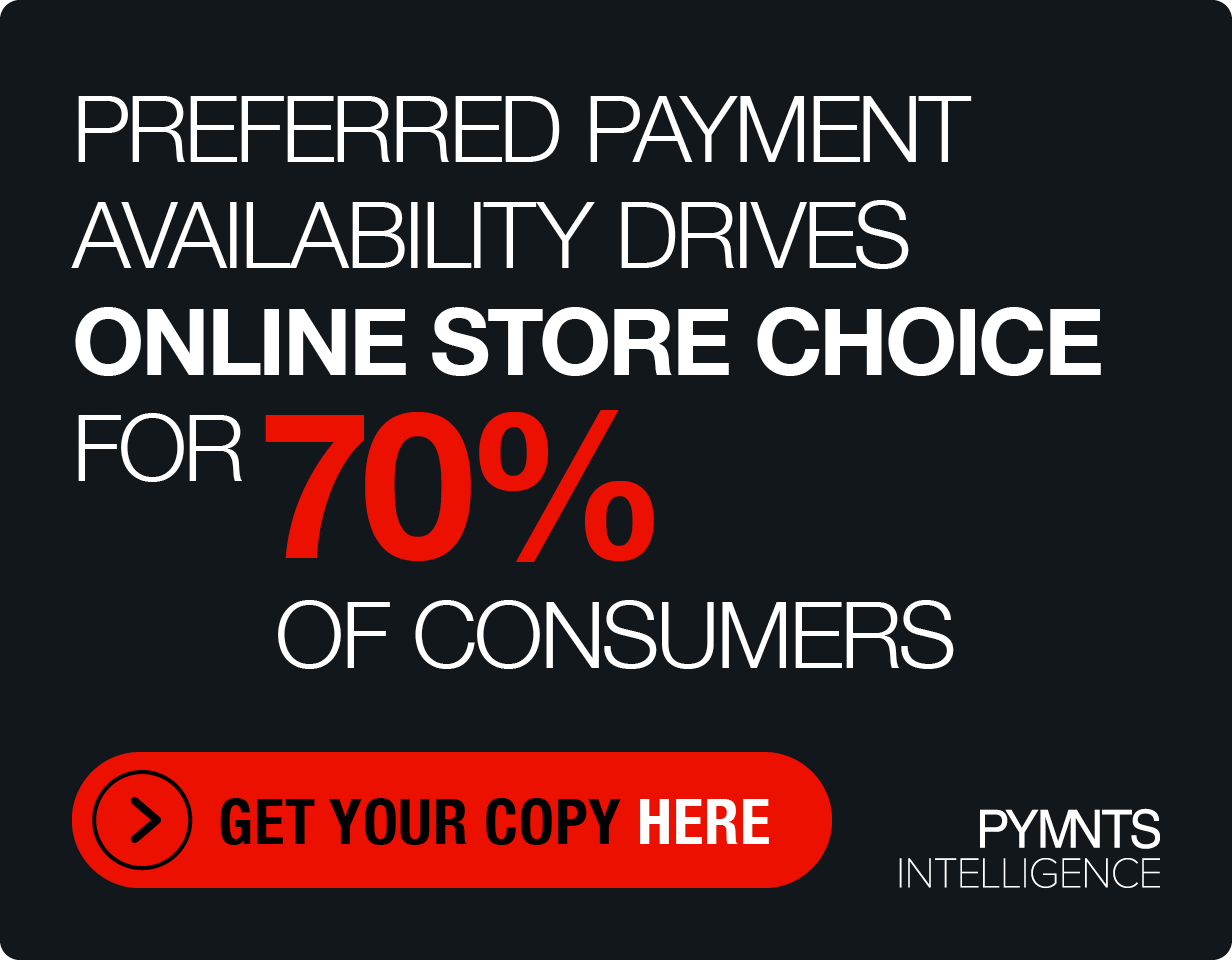Nestlé Bails on Freshly as Meal Subscriptions Face Reckoning

Nestlé is partly offloading its Freshly meal delivery business following disappointing results.
The food and beverage giant announced earlier this month that it is forming a partnership with private equity firm L Catterton whereby the ready-made meal company will merge with the firm’s Kettle Cuisine food production company. This shift suggests that plan-ahead meal options may be losing favor as consumers increasingly seek out last-minute flexibility.
“The combined company will focus on offering a wide assortment of fresh food products to customers across geographies and a variety of channels,” Nestlé stated in a news release. “L Catterton will be the majority owner, with Nestlé holding a minority stake.”
The Financial Times (FT) reported Tuesday (Nov. 29) that Nestlé attributed the decision to the meal company underdelivering on “scale” and “performance,” noting changes to the “external business environment.”
Nestlé did not immediately respond to PYMNTS’ request for comment.
Freshly’s underperformance relative to Nestlé’s expectations is somewhat surprising, given consumers’ increasing expectations of convenience when it comes to getting their food needs met. It suggests that many consumers are specifically seeking out last-minute options that fit seamlessly into their lives rather than pre-planned options that simply take the work out of meal preparation without making allowance for unpredictable schedules and routines.
Certainly, consumers continue to look for options that take the work out of getting food. Research from PYMNTS’ study “Super Apps for the Super Connected,” created in collaboration with PayPal and derived from a survey of more than 9,900 consumers across the United States, the United Kingdom, Australia and Germany, found that 70% of millennials in these four countries order restaurant meals online. Plus, the considerable majority of Generation Z, Generation X and bridge millennial consumers do the same, as do about half of all baby boomers and seniors.
Yet subscription services such as Freshly and other ready-made meal and meal kit providers may be proving too high-commitment for many shoppers. According to the November edition of the Subscription Commerce Conversion Index study, “The Subscription Commerce Conversion Index: Subscribers Seek Affordability and Convenience,” a PYMNTS and sticky.io collaboration, the average subscription per retail subscriber dropped to the lowest level since early 2021.
Additionally, the study, which drew from a survey of 2,163 U.S. consumers, found that 37% of consumers who hold retail subscriptions are subscribed to food and beverage services, and of those, about a quarter intend to cancel their subscription in the next year.
Even businesses that have historically relied completely on the subscription model are beginning to look toward other sources of revenue. For instance, meal kit company Blue Apron said earlier this month that providers that stick to a subscription-only model could be losing valuable customers, including those who make purchases from the brand every week.
“Part of what we are seeing is, some people do continue to want to buy non-subscription, even if they’re buying every week,” CEO Linda Findley said on a call with analysts to discuss the company’s third-quarter 2022 financial results. “That’s just something that they prefer to do, rather than committing to a subscription.”
